How To Eat To Lose Weight
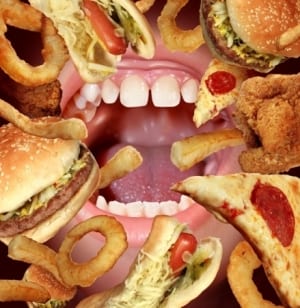 Eating is the hardest part of every attempt to lose weight.
Eating is the hardest part of every attempt to lose weight.
Eating the right foods, in the right amounts and at the right times based on a diet you are following can be very tedious.
Eating Can Be Confusing
When you follow someone else’s rules or diet plan on how to lose weight, eating becomes confusing and difficult,
Why?
Because you aren’t following the wisdom of your own body.
Our Diet Is The Answer
Every new diet sells you a new reason why you can’t lose weight and how, for a small price, their diet is the answer.
I suggest you forget every food fad diet scam you have ever heard and just remember the truth:
The reason you are overweight is because you eat more than your body requires for fuel.
Period.
End of story.
It seems basic, but it is amazing how easily you can forget the basics.
Instead you want to believe the sales pitch…the promise… the hope.
Why People Overeat
There are two reasons why people overeat and both reasons include ignoring your body’s signals.
 The first reason people overeat is due to too much deprivation.
The first reason people overeat is due to too much deprivation.
They restrict their food intake for a period of time by going on a crash diet or by trying not to eat at all.
Inevitably, they end up overeating, because for each unrealistic restriction there is an equal and opposite “overeat.”
The Problem With Restrictive Diets
By going on a highly restrictive diet you disconnect from your body’s signals of hunger and feed it according to someone else’s external diet plan.
This is painful for both you and your body.
Once the disconnection has been maintained for a certain amount of time, the urge to eat becomes unbearable for your body, whose job it is to keep you from starving.
You end up eating much more than you needed.
Disconnecting From Your Body
When you disconnect from your body, you exacerbate the issue.
Why? Because the denial of the hunger signal leads to overeating.
This is why you end up eating much more than you normally did before you went on the diet.
Our Body Is Primal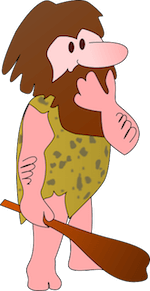
Your body thinks you live in a cave with limited food available.
When we were cave dwellers, our body needed to adjust between times of feast and times of famine.
When there was no food available, our cave-dwelling body adjusted its metabolic rate, the rate at which it used up food.
When our metabolic rate went down and we hung on to every calorie, storing the nutrition for later.
Fortunately, we aren’t cave dwellers anymore and we have plenty of food to eat (and we don’t use up the calories trying to catch it).
When you diet by eating very little food, your body turns into a cave dweller and adjusts your metabolic rate downward.
You hold on to every calorie.
It’s a brilliant design.
Keep Your Body Fed
When you keep your body reasonably fed, it knows that there is no need to keep extra fat around, because there is plenty of food coming at regular intervals.
Your metabolism speeds up and the fat comes off.
If you do not eat all day, your body will start screaming (then you’ll listen).
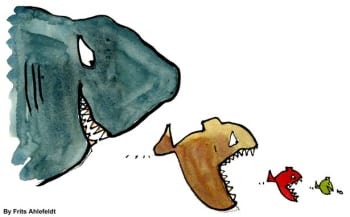 But by that time, your body is starting to wonder if there will be food available so it goes into “you-must-eat-immediately” mode.
But by that time, your body is starting to wonder if there will be food available so it goes into “you-must-eat-immediately” mode.
Then you eat past satiation just to get your body to calm down.
Either way, you end up overeating.
Out Of Touch
The second reason people overeat is a lack of awareness and complete disconnection from our hunger.
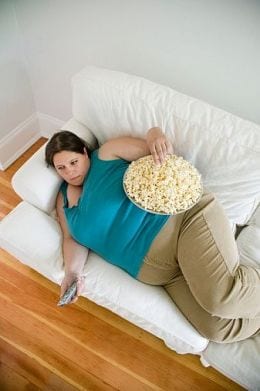 Most people are unconscious eaters.
Most people are unconscious eaters.
They are completely out of touch with their bodies.
They eat all day long with no regard to hunger and with no regard to nutritional value.
They eat based on what is available, on timing, or circumstances like “I’m at a party” – not because they are hungry.
This type of eating believes “It is morning so I should eat whether my body is hungry or not.”
Then it is time to go to work and there is a plate of food for everyone to share again; you eat some to be social with no regard for your body.
Then, it’s time for lunch.
You certainly aren’t hungry because you ate so much already, but it’s lunchtime (time to eat again).
Since you are at a restaurant with some clients, you order a meal and eat it all, your body and its opinion being completely irrelevant.
When To Stop
How do you know when to stop eating?
If you weren’t hungry when you started, then how would you know when you are full?
If too much deprivation leads to overeating and being disconnected also leads to overeating, the answer becomes eating only what our body requires for fuel.
Need Help Figuring Out When Your Body Needs Fuel?
Click on the graphic below and lets get you going on only eating when you are hungry and knowing how to stop when you are full…



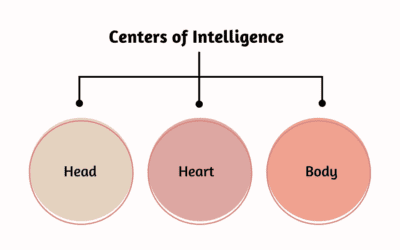

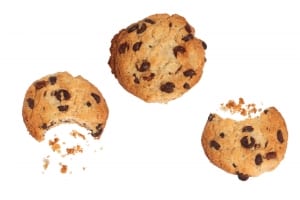
0 Comments